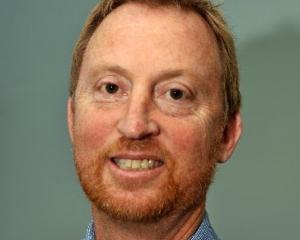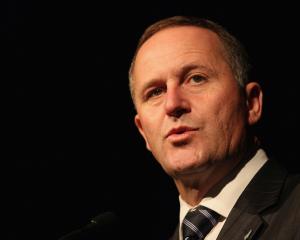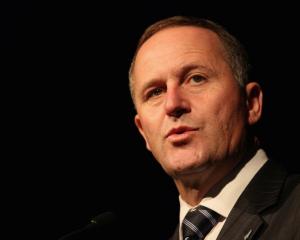Every day, the saga surrounding the Government Communications Security Bureau reads increasingly like something out of a spy novel.
The setting is the country's corridors of power, the theme is freedom, the plot is full of twists and turns, the central protagonists' actions and intentions are murky, and the ending is far from cut and dry.
The legislation to amend the GCSB's powers to enable the agency to spy on New Zealanders is controversial enough.
The changes were prompted by revelations the agency may have already spied illegally on New Zealanders in 88 cases. That came from a review of the agency in the wake of the unlawful monitoring of Kim Dotcom.
Inspector-general of Intelligence and Security Paul Neazor subsequently cleared the agency of any wrongdoing in the 88 cases, but almost immediately clarified his findings saying they were inconclusive, and that the law was unclear and should be amended.
The report about the 88 cases was leaked - shortly before its public release - to journalist Andrea Vance.
United Future leader Peter Dunne subsequently resigned as a minister for not co-operating with David Henry's inquiry (commissioned by Prime Minister John Key's department) into the leak by refusing to release emails between himself and Ms Vance.
The latest twists include revelations three months' worth of Ms Vance's phone records and swipe card records were given to the Henry inquiry by a company contracted by Parliamentary Service to operate Parliament's phone system.
The head of Parliamentary Service, Geoff Thorn, has resigned amid claims he was pressured into releasing the documents by Mr Key's chief of staff Wayne Eagleson.
And it has also been revealed that emails between Ms Vance and Mr Dunne were also sent to the Henry inquiry, but apparently not opened.
The main players are involved in still more unedifying twists and turns as they attempt again to flee the spotlight.
Mr Key is trying to distance himself by registering his disappointment with Speaker David Carter.
Mr Carter has done a U-turn on his original statement, and is now admitting the records were given to the inquiry.
Mr Henry continues to state he neither requested nor sought the records.
Mr Dunne says Mr Henry sought his landline phone records (which he reportedly gave under duress - as well as his swipe card records) and maintains Mr Henry said they would be compared with Ms Vance's phone records, implying he already had them or was seeking them.
In damage control mode, Mr Carter apologised to Ms Vance and her employer Fairfax, and he and Mr Key are now vociferously lauding the importance of press freedom, with Mr Carter stating in Parliament: ''We all have a love-hate relationship with our Press Gallery, but they are an absolutely essential part to this democracy.''
Mr Key said in his letter to Mr Carter: ''I was deeply concerned and troubled by this news'' and ''it is inappropriate for such information to be provided to the inquiry''.
The issue has been referred to the privileges committee.
There is no small irony the comments about press freedom come at a time when Mr Key is trying to push the legislation to extend the GCSB's powers to spy on New Zealanders through Parliament - and to tidy up the mess made in previous ''possible'' breaches.
Among the twists and turns it is easy to lose sight of the real issues - and lose interest. But should we be afraid?
Former prime minister and constitutional law expert Sir Geoffrey Palmer says yes, the most fundamental part of a democracy is freedom of the press.
The media keep governments - which, after all, are the people's elected representatives, entrusted with upholding their ideals - transparent and accountable, inform citizens of things they might otherwise be unaware, and question official decisions that might threaten what we hold dear.
Monitoring of the media in such a way is the first step to controlling the media. It is easy to make the media the bad guy - but knowledge is power and the media is instrumental in informing citizens.
Taking any of that away makes the country more vulnerable to abuse, corruption, and will make our lives more fearful and uncertain.
It is right there should be an outcry about such monitoring, and right there should be serious concerns about amending the role of the GCSB.
The role of the media is as vital as ever - a point reinforced by Mr Key's dismissive comments about street protests on the Bill as being by a ''small minority'', ''politically aligned'' or ''misinformed''.





